标签:
appscan的窗口模式中允许用户一次只能选择一个扫描目标,但是如果想批量扫描多个网站的时候
可以通过appscan安装文件夹下的AppScanCMD.exe工具来操作,具体操作如下。
(1)appscan窗口模式只能允许选择一个目标站点进行扫描
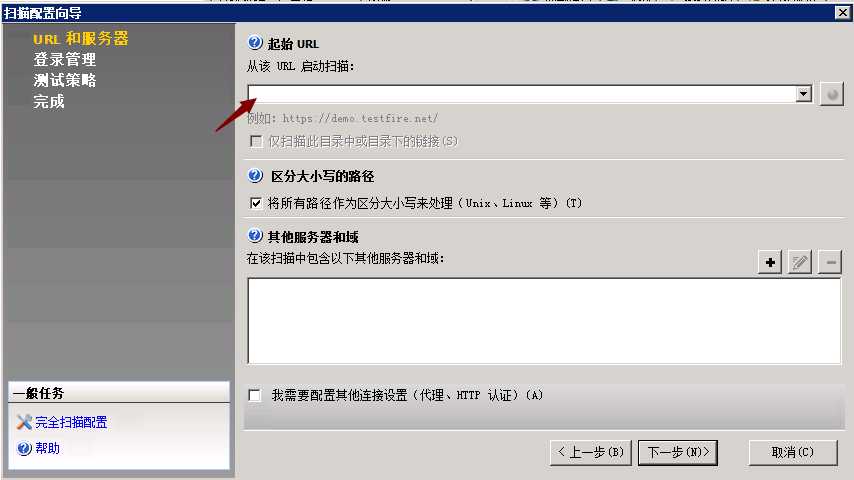
(2)进入appscan的安装文件夹,寻找AppScanCMD.exe工具
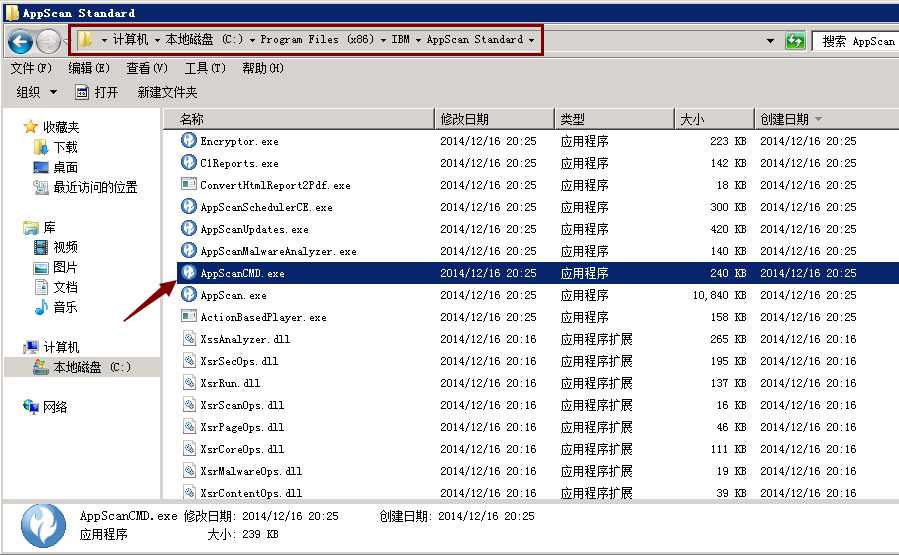
(3)CMD下打开AppScanCMD查看帮助文档,主要分为两个部分,一个是扫描执行,另外一个是报告生成。
C:\Program Files (x86)\IBM\AppScan Standard>AppScanCMD.exe -h Program Usage: AppScanCMD exec|ex|e Parametrs: [ /starting_url|/surl|/su <https://demo.testfire.net> ] [ /dest_scan|/dest|/d <full_path> ] [ /base_scan|/base|/b <full_path> ] [ /old_host|/ohost|/oh <https://demo.testfire.net> ] [ /new_host|/nhost|/nh <http://testing.testfire.net> ] [ /scan_template|/stemplate|/st <full_path> ] [ /login_file|/lfile|/lf <full_path> ] [ /multi_step_file|/mstepfile|/mf <full_path> ] [ /manual_explore_file|/mexplorefile|/mef <full_path> ] [ /policy_file|/pfile|/pf <full_path> ] [ /additional_domains|/adomains|/ad <demo.testfire.net123> ] [ /report_file|/rf <full_path> ] [ /report_type|/rt <Xml,Pdf,Rtf,Txt,Html,rc_ase> {xml} ] [ /min_severity|/msev <Informational,Low,Medium,High> {informational} ] [ /test_type|/tt <All,Application,Infrastructure,ThirdParty>] Flags: [ /verbose|/v {false} ] [ /scan_log|/sl {false} ] [ /explore_only|/eo {false} ] [ /test_only|/to {false} ] [ /multi_step|/mstep|/ms {false} ] [ /continue|/c {false} ] [ /merge_manual_explore_requests|/mmer {false} ] [ /include_responses|/ir {false} ] [ /open_proxy|/oprxy|/opr /listening_port|/lport|/lp <port number> ] 可通过 base_scan 配置、保存 dest_scan 和创建报告来创建新的扫描,如果已配置的话。 AppScanCMD report|rep|r Parametrs: /base_scan|/base|/b <full_path> /report_file|/rf <full_path> [ /report_type|/rt <Xml,Pdf,Rtf,Txt,Html,rc_ase> {xml} ] [ /min_severity|/msev <Informational,Low,Medium,High> {informational} ] [ /test_type|/tt <All,Application,Infrastructure,ThirdParty> ] Flags: [ /verbose|/v {false} ] 创建 base_scan 报告。
AppScanCMD close_proxy|cprxy|cpr 如果先前已打开了 AppScan 代理,请将其关闭。 AppScanCMD help|h 打印用途。
(4) 部分说明文档解释
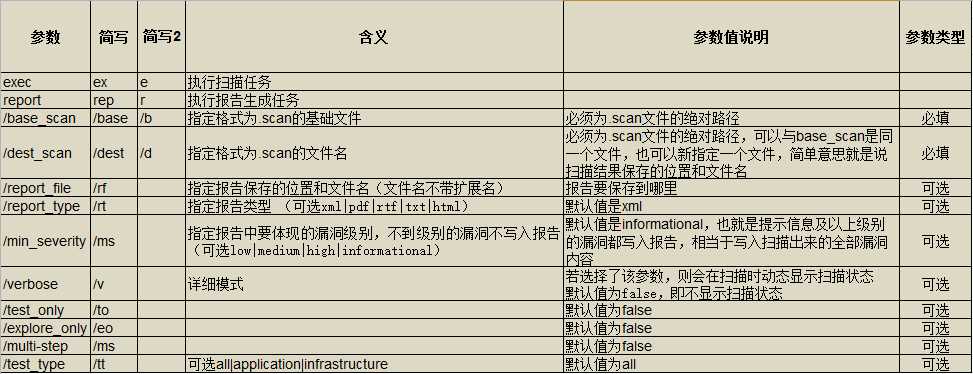
(5)在appscan的安装目录下(C:\Program Files (x86)\IBM\AppScan Standard)写批处理文件source.bat,
目的是实现让appscan批量扫描站点,批处理文件的内容如下
@echo off appscancmd /e /b C:\appscanCMD\website1.scan /d C:\appscanCMD\CompletedLog\website1.scan /v appscancmd /e /b C:\appscanCMD\website2.scan /d C:\appscanCMD\CompletedLog\website2.scan /v appscancmd /e /b C:\appscanCMD\website3.scan /d C:\appscanCMD\CompletedLog\website1.scan /v pause
通过第四步的说明文档解释可知,首先在批处理文件中指明使用的工具命令为appscancmd;
其次使用【/e】参数指明执行扫描任务;【/b】参数指定格式为.scan的基础文件,需要注意的是该文件需要你
从appscan图形页面中生成一个你要扫描站点的配置文件并保存在本地,而【/b】参数就是该配置文件的绝对路径。
***生成配置文件的方法***
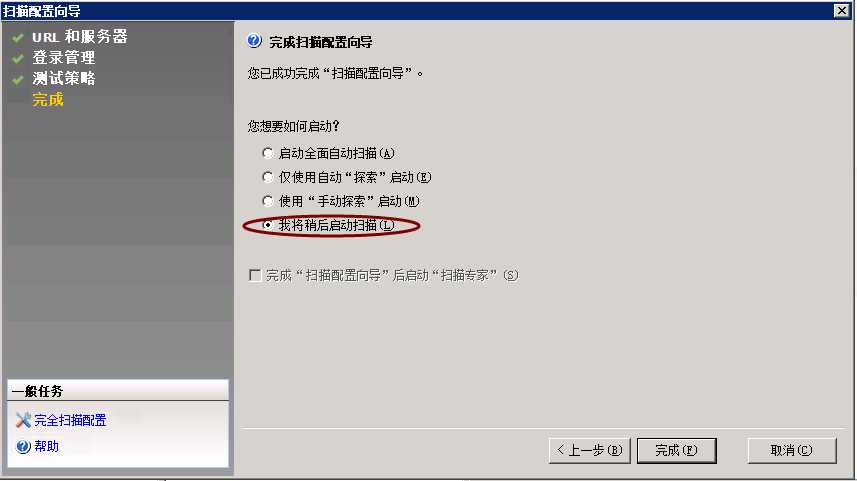
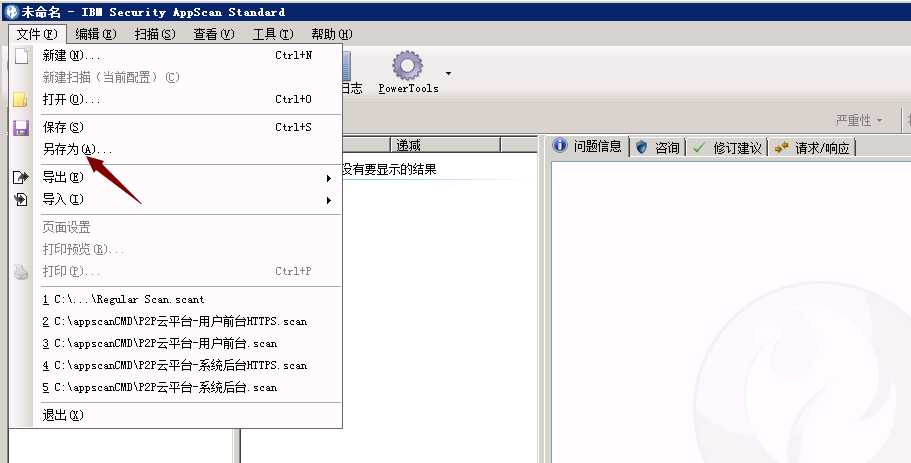
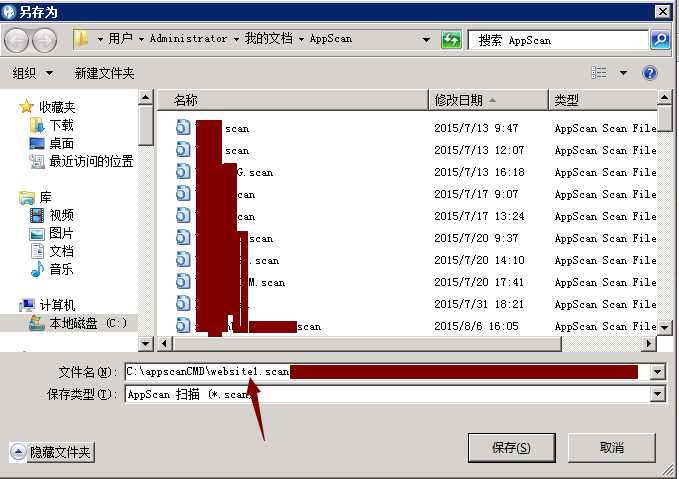
【/d】参数指明保存扫描后文件名称(包含绝对路径)。接下来就可以通过命令行来执行批量扫描了。

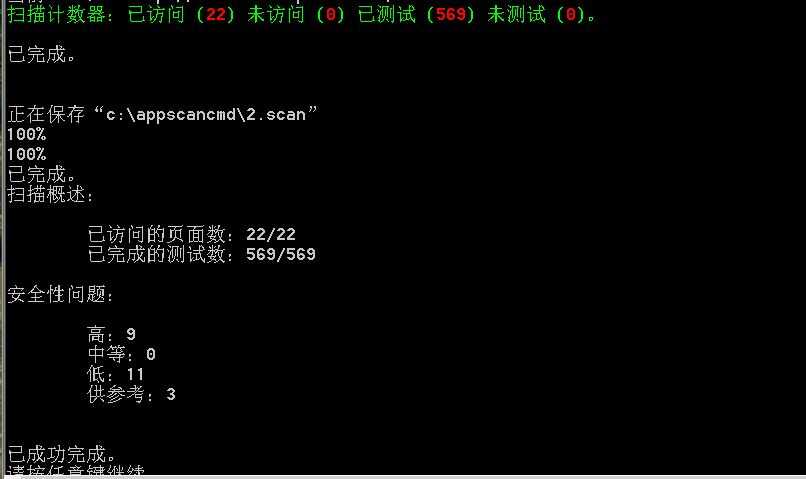
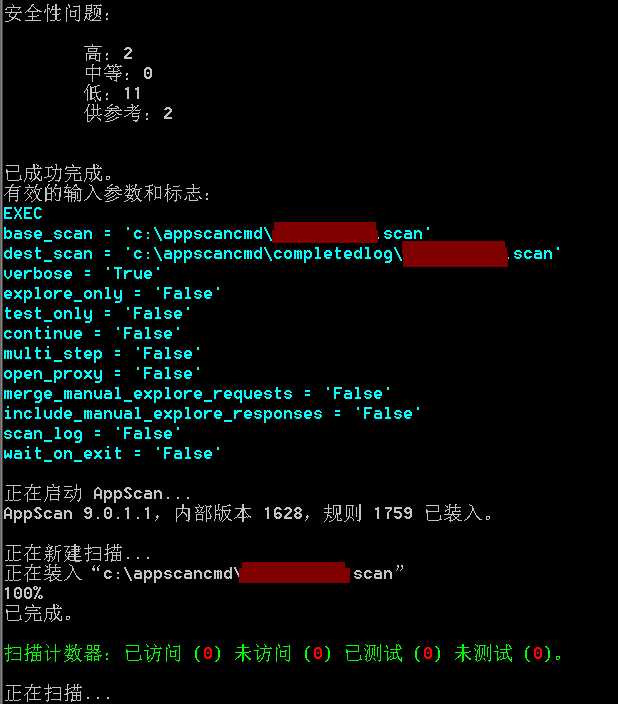
标签:
原文地址:http://www.cnblogs.com/tdcqma/p/5633625.html